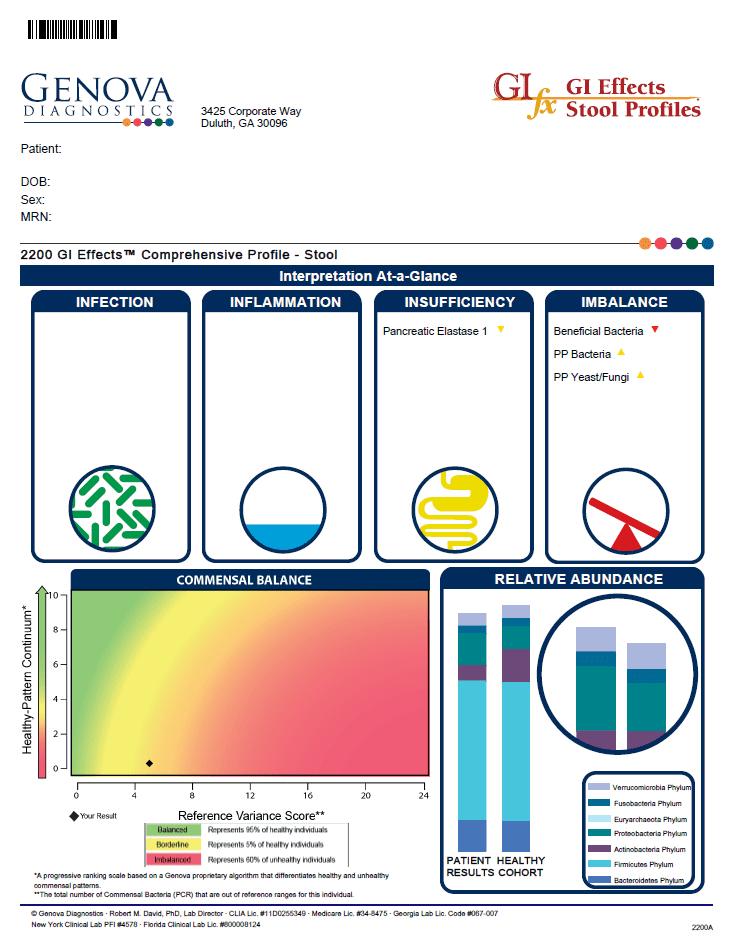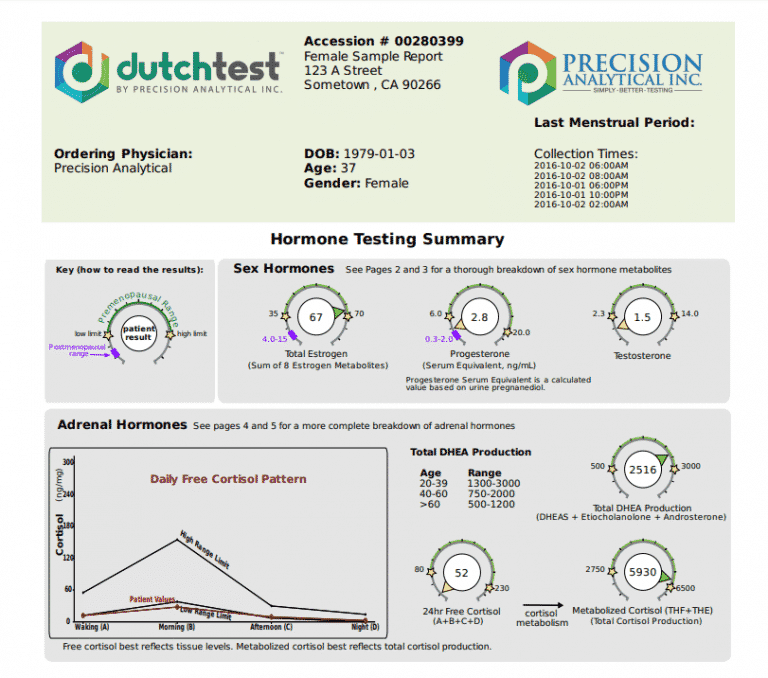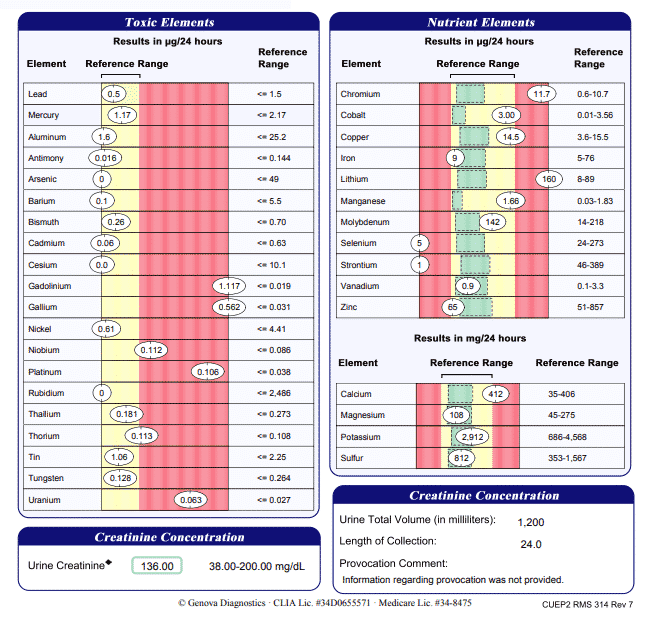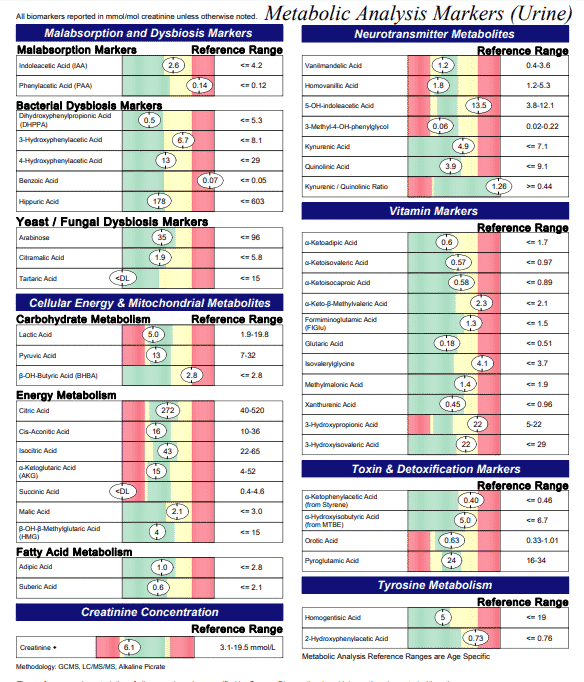TEL: 07366693154






Functional testing offers a comprehensive approach to assessing health by examining how the body functions in-depth at a cellular level. It delves into evaluating various aspects of wellness, enabling individuals to gain insights into their overall health status and make informed decisions to optimise their wellbeing.
Testing can be invaluable in helping to identify exactly what is going on in specific systems of the body and help to determine the root cause of a client’s symptoms. This is particularly useful in chronic health cases where there are multiple systems of the body under stress. This can result in faster healing outcomes as it effectively cuts out the guesswork and the nutritional and lifestyle plan is created specifically based on an individual’s nutritional requirements.
Functional testing can involve a breath, blood, saliva, urine or stool sample. The majority of samples can be delivered to and collected from your home but occasionally may involve attending a laboratory to provide samples.
There are many different types of tests that may be considered and here is a snapshot of some of the tests available to Higher Healing.
Digestive issues are one of the main reasons that an individual seeks advise from a naturopath or nutritional therapist. A healthy gut is the foundation to good health and digestive imbalances are often associated with most illnesses in the body as it connects with all other essential body systems.
There are a range of non-invasive tests available to assess specific gastrointestinal imbalances and digestive function. These include measurements of inflammation markers within the gastrointestinal tract, the balance of ‘good’ versus ‘bad’ gut bacteria, digestive enzyme levels, the presence of parasites or fungal infections.
Functional tests are also available to assess IBS status and intestinal permeability. Increased intestinal permeability is associated with malabsorption of nutrients, chronic gastrointestinal imbalances and many systemic disorders.

Food and environmental allergens are on the increase and they affect all systems of the body, with symptoms ranging from constipation, diarrhoea, bloating to more serious conditions such as arthritis and celiac disease.
There are a number of antibody profiles are available to assess the body’s reaction to a wide range of allergens from foods, food additives and other allergens in the environment.
Several tests target the causes of immediate (IgE) allergic reactions while others assess the sources of delayed (IgG) reactions, which are termed an intolerance, which may not show for days after exposure to an antigenic substance but have an impact on the body.
Functional tests are also available for assessing problems with Candida Albicans, gluten (celiac profiles) and lactose intolerance.

All systems of the body are influenced by our hormones, yet poor diet, stressful lifestyles and increased exposure to toxins in the environment have disrupted optimal hormonal balance in the body, impacting good health.
There is a range of functional tests are available to evaluate how well hormones are functioning, which include:
Adrenal Stress Hormone Profiles: help to evaluate levels of cortisol and DHEA during the day through a saliva sample. They help to uncover biochemical imbalances underlying chronic fatigue, depression, anxiety and a host of other conditions.
Sex Hormones Profiles: to assess imbalances in a range of female sex hormones, illuminating root causes of problems such as PMS, infertility and menstrual irregularity as well as menopause symptoms and systemic disorders.
Thyroid Hormone Profiles: help to analyse thyroid hormone production and metabolism by measuring all essential thyroid hormones and markers. These tests will measure reverse T3 and antibody thyroid markers which are typically unavailable through your GP testing and provide essential information on how your thyroid is performing. The thyroid hormone underlies a broad spectrum of chronic illnesses and has a significant effect on mood, energy level, weight and sex drive.

Deficiencies in certain nutrients within the body or excessive levels of toxins or heavy metals (e.g. mercury, cadmium or lead ) can lead to a wide range of unexplained health complaints. The illnesses have been shown to include arthritis, behavioural disorders, depression, fatigue and infertility. Long-term imbalances due to deficiencies and excesses in the body have also been associated with many serious diseases such as cancer, heart disease and diabetes.
There are a number of comprehensive nutritional assessments available which can measure organic amino acids to evaluate, amongst other things, vitamin and mineral status, protein adequacy, cellular energy production and neurotransmitter processing. These tests inform individual dietary and supplementation needs and enable nutritional programmes to be very specific and for treatment success to be monitored

Cardiovascular disease is the leading cause of mortality and morbidity in developed countries and the association between cardiovascular disease and certain metabolic disorders has been known since the 1940s. The clustering of metabolic risk factors in a single individual is now referred to as Metabolic Syndrome and is now thought to affect 20-30% of the population in western cultures.
These features include:
These features can lead the way to both diabetes and heart disease and are associated with other problems such as fatty liver, kidney disease, polycystic ovary syndrome and cognitive decline in the elderly.
Genetics and environmental conditions such as diet, sedentary lifestyles and progressive weight gain, play an important role in the development of these conditions. For many years elevated cholesterol was the main focal point of treatment and prevention; however, recent research has revealed new biochemical makers which function as major modifiable determinants of cardiovascular and metabolic disease risk.
A number of tests are available which measure these most advanced and important early indicators of risk, meaning that dietary and lifestyle changes may be adopted to decrease the risk of incidence and may slow the progression of these diseases.

There are many other more specialised functional tests are available to clients, which can be recommended by a practitioner where applicable:
The cost of all these tests varies and depends on the complexity of the test the can range from £50 to around £400. Nutritional therapy can still be very effective without these tests, but in certain circumstances, their use helps to target the treatment protocol and help to produce results faster. Tests are also an excellent way of monitoring progress.